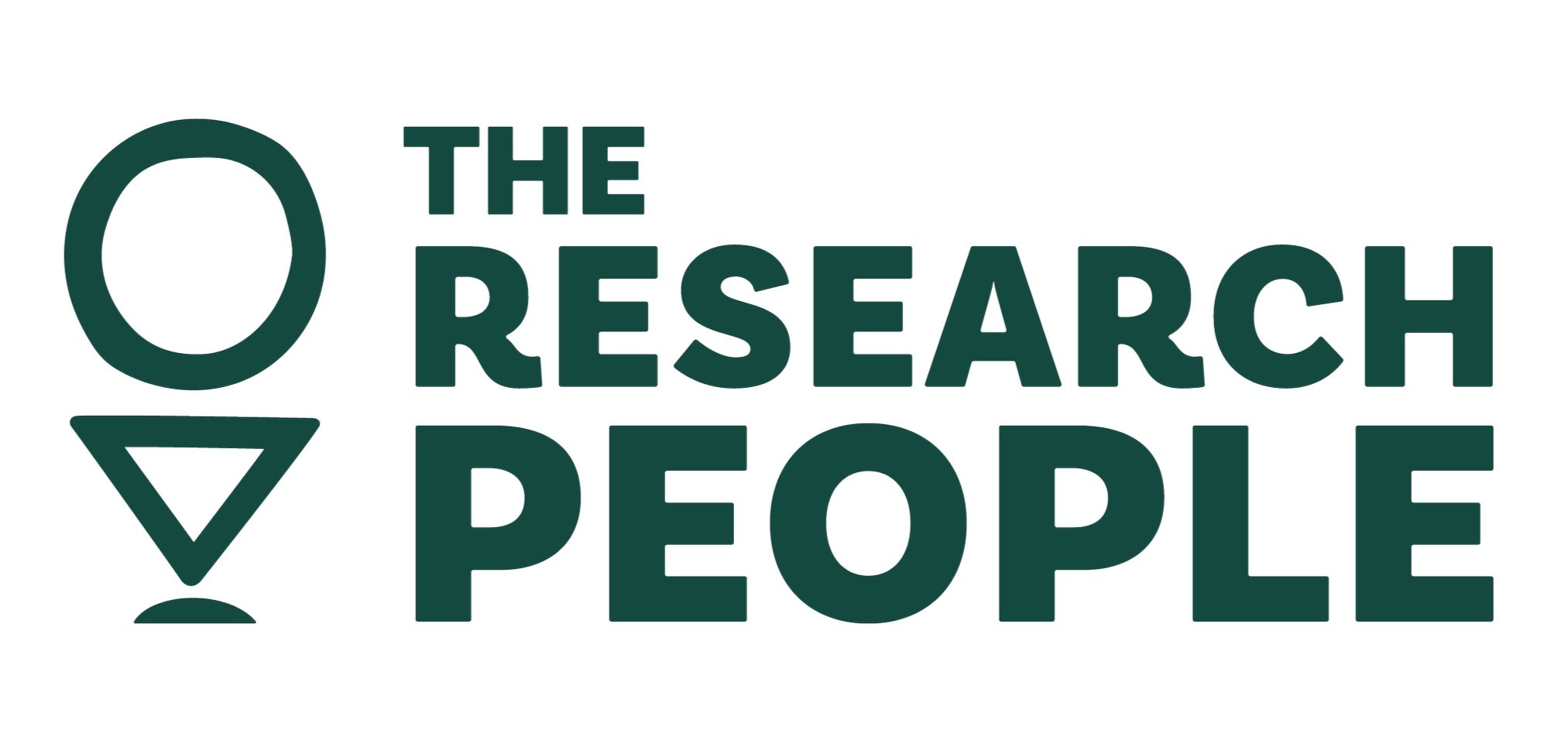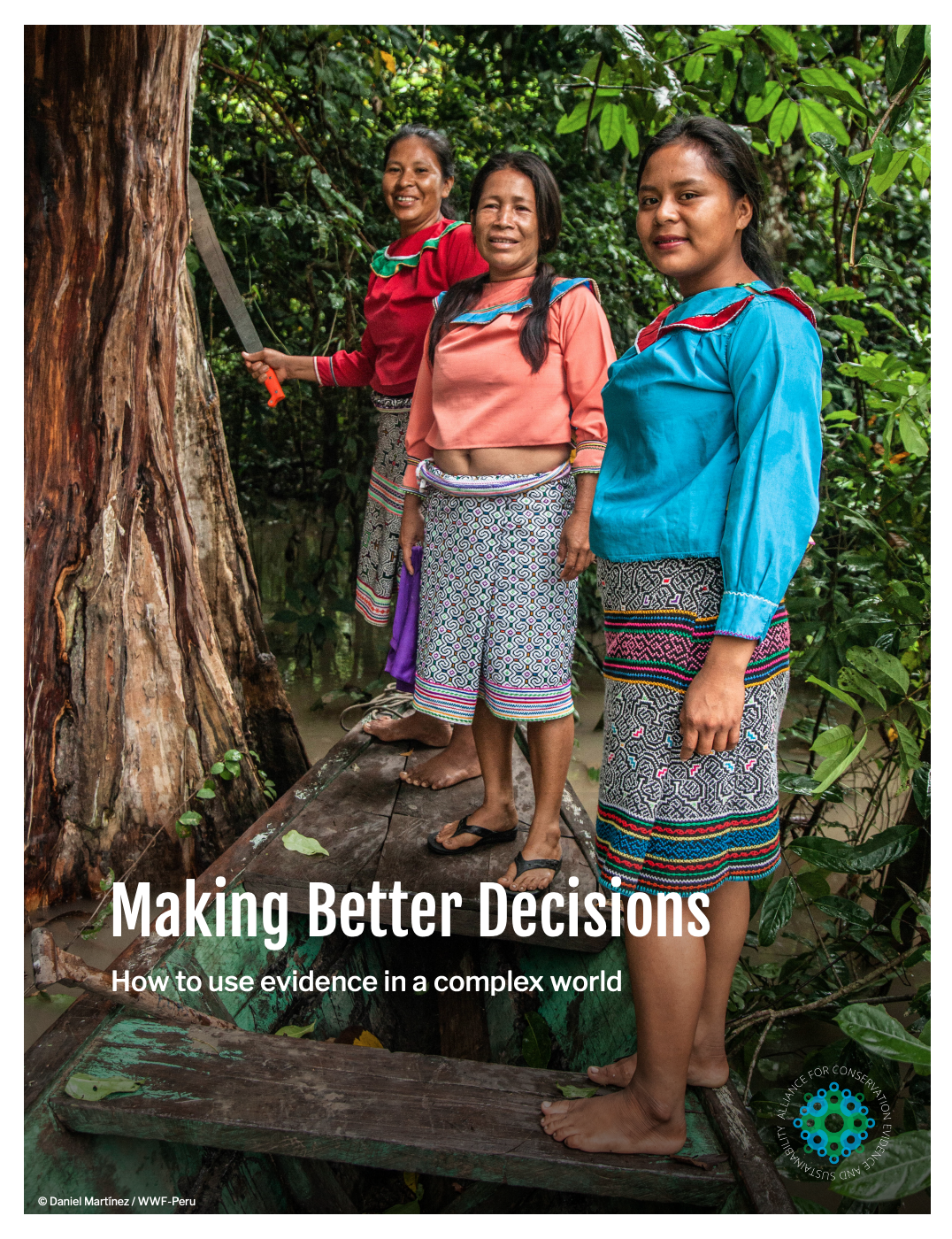What can humanitarians and conservationists learn from each other about evidence-informed decision making?
How research can influence conservation decision-makers
A project with the Alliance of Conservation Evidence and Sustainability (ACES)
The problem
Organisations, program leaders and individuals make routine decisions in their day to day activities. But very little is known about how these decisions are made or how they can be improved.
What we did
We worked with the Alliance of Conservation Evidence and Sustainability (ACES) to understand how research can influence conservation decision makers as well as to explore what could be learned from the approaches taken within the humanitarian and development sectors. Over nine months, we held consultations with people from a wide range of perspectives: from academics to practitioners, and from those in headquarters to people implementing community-led conservation initiatives. We also explored how their experiences and approaches differed from those taken in the humanitarian and development sectors, asking how do people approach decisions? What factors influence them? And what should researchers think about when generating evidence in order to aid decision makers?
Making it useful
Alongside the research paper we developed two short briefing papers on Biases and Storytelling. These are designed for researchers and practitioners looking to improve decision making processes in their organisations. They include a one-page summary of key findings from the research, lots of links to quick and easy tools that can be easily applied by teams, and recommended resources for those who want to learn more.
Resources
The final research paper was published on the ACES website, and can be downloaded here. You can also download the short knowledge briefs on Storytelling for Researchers and Decision-Making Biases.


